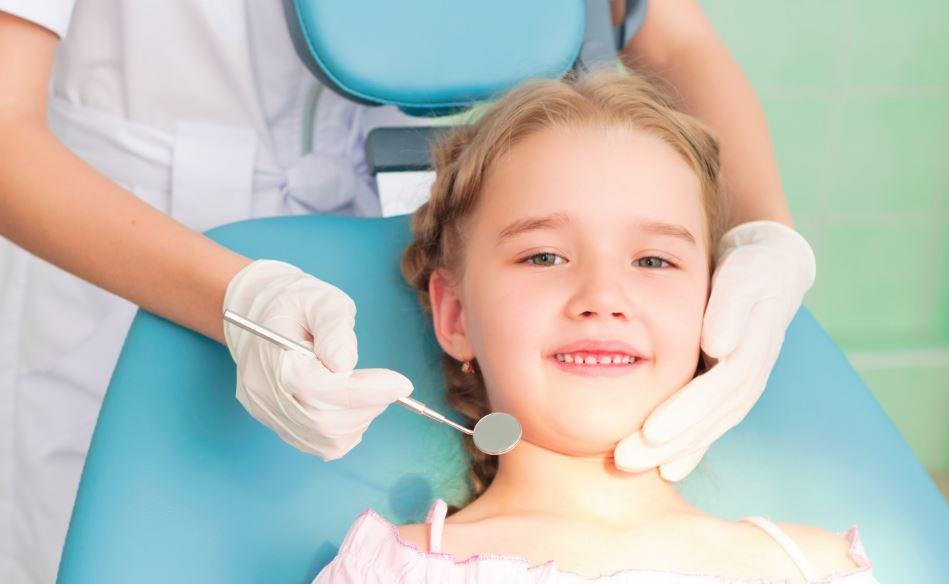
Dental health, regardless of your age, is important to everyone. Even though your child won’t tell you they need to visit a dentist, there are some things you can look for to see if it’s time to pick up the phone and schedule your child’s next dentist appointment.
Discoloration
Pay close attention to your child’s teeth as they develop. As their teeth grow, their teeth may start to form tiny tan or yellowish spots. Unfortunately, this is something many parents tend to ignore because they see it as being natural. These colors can often be a sign of an upcoming cavity, and if left untreated, it will only make matters worse in the future, leading to higher dental bills. Even if their teeth are white, cavities can still be present, so it’s very important they visit the dentist every six months to confirm the teeth are healthy. If you haven’t visited a pediatric dentist before then clinics like Family Dentist shows you what you can expect on your first visit.
Watch the Adult Teeth
Most parents think baby teeth will start to fall out, and soon after, the adult teeth will come in. However, this isn’t always the case. In some circumstances, your child’s baby teeth may stay in place, and at the same time, the adult teeth will come in on top, crowding the baby teeth. This can crowd your child’s mouth or even shift their teeth, leading to the possibility of braces in the future.
Irritated Gums
If your child complains about their gums hurting after they brush their teeth, this could be a sign of irritated or inflamed gums. This is something you should worry about as this is often the first sign of gingivitis, which can eventually lead to periodontal disease. Fortunately, if you catch it early enough, it can be reversed, and your child can have healthy gums again.
Dental Pain
A child who doesn’t want to eat at all may be suffering from some sort of underlying dental issue. If you find your child’s face is either swollen or they are even running a fever, it may be your little one is having troubles with either their gums or teeth. If they are old enough to tell you, let them point out the problematic area, and if it’s in the mouth region, it’s important to get this checked out immediately.
If your child is suffering from any of the above conditions, see a dentist immediately to prevent the issue from spiraling out of control. Doing so can catch the problem early and can hopefully make your child’s mouth healthy again.
Emma Sturgis
Recent Posts
- Castor Oil For Better Hair Growth: Is It Myth Or Fact?
- Exploring the Differences Between Sermorelin, Ipamorelin, Ibutamoren, GHRP2, and GHRP6: Understanding Their Role in Human Growth Hormone Regulation
- Unraveling the Mystery: Understanding the Causes and Prognosis of Ventricular Tachycardia Without Apparent Heart Disease
- Understanding Grandparents’ Rights in Oklahoma: Navigating Visitation and Legal Protections
- 10 Reasons to Consider Hypnotherapy for Your Health

